He was an inspiration for preventing elder suicide and fostering compassionate care.
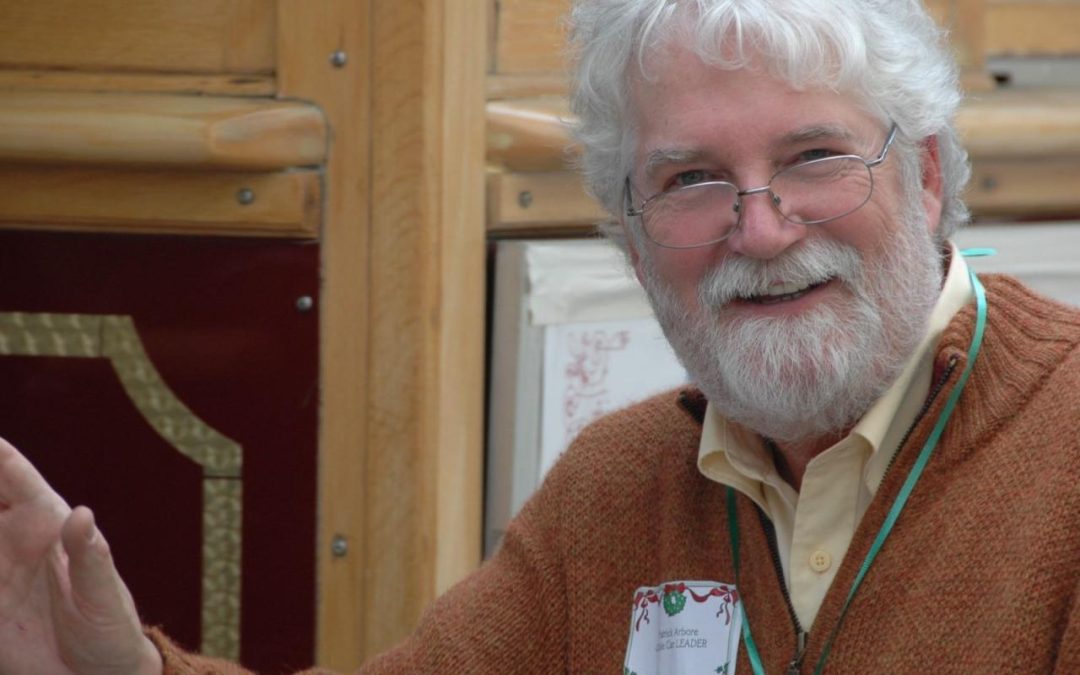

He was an inspiration for preventing elder suicide and fostering compassionate care.

Chronic wounds can impact overall quality of life and must be attended to.
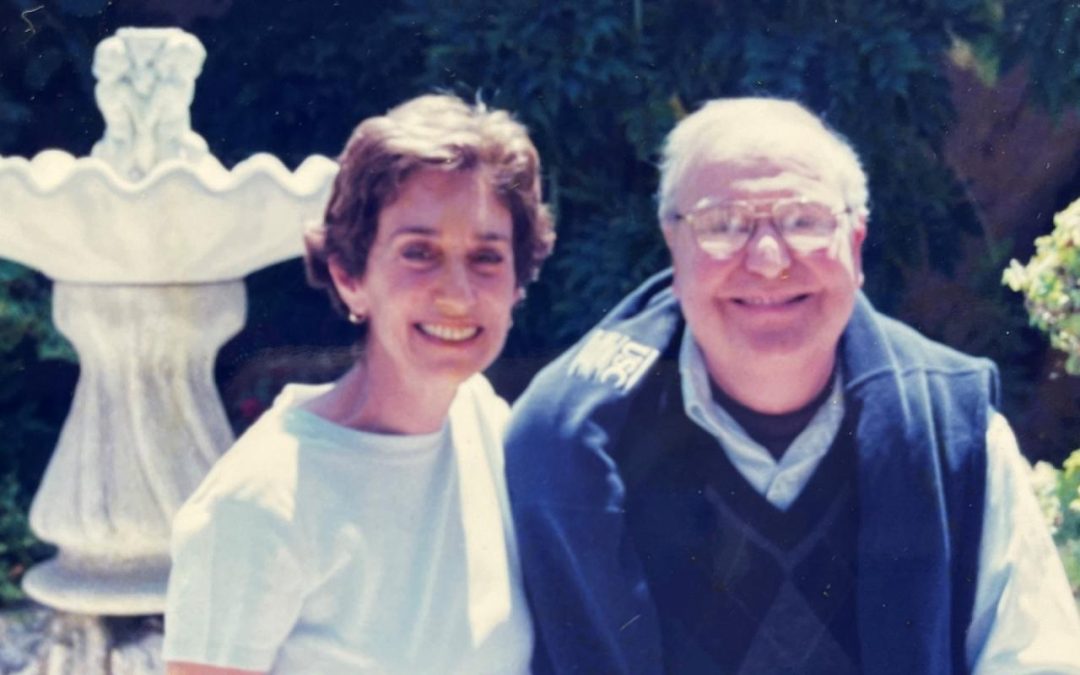
Lessons learned upon becoming a widow.

The model is based on the idea that a successful plan relies on skill, personal accountability, and a community of support.
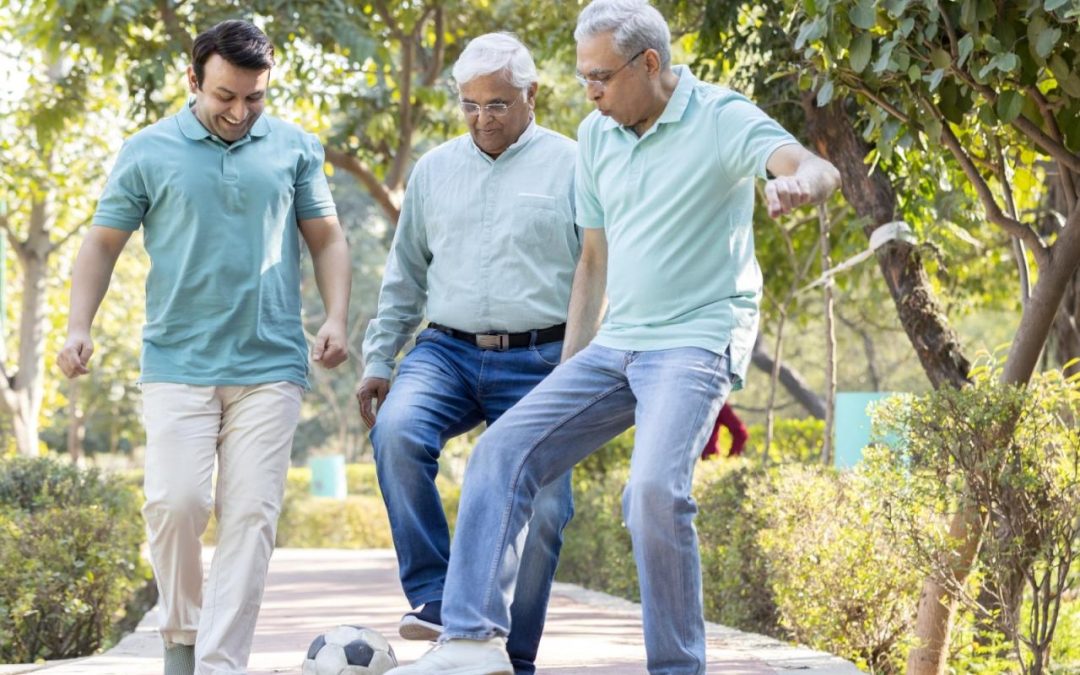
A wise, practical, and easy-to-implement educational model can help Solo Agers connect, plan for the future, and allay worries.
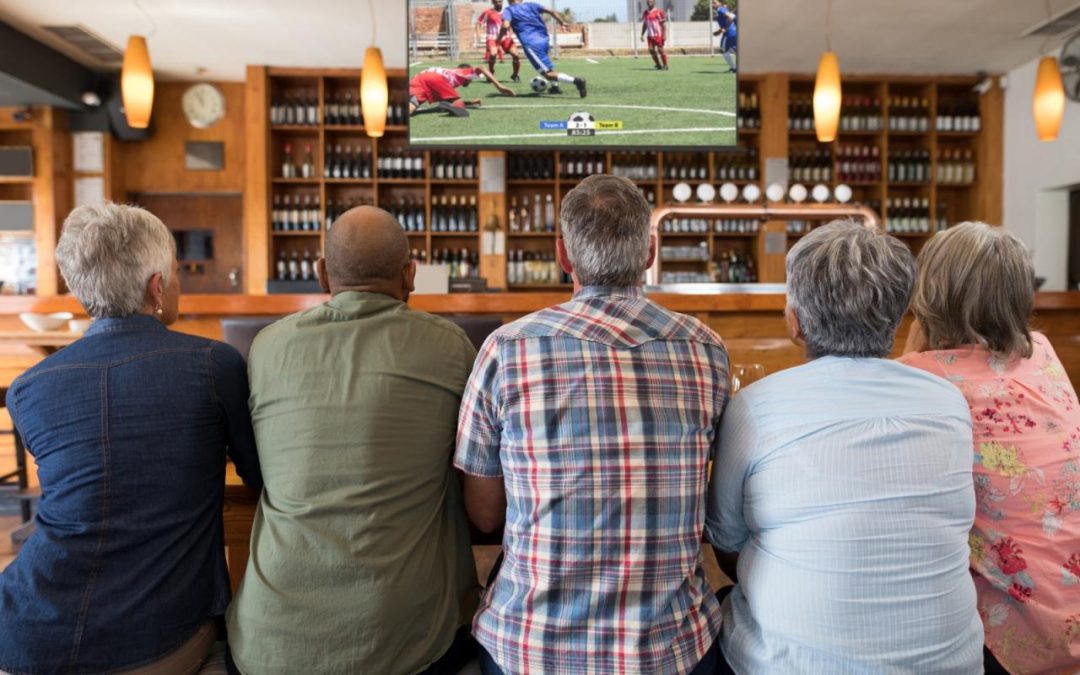
Fending off loneliness and preparing for emergencies are two great reasons to boost one’s support network.

‘People can live together. This is simple to say but takes effort to implement.’
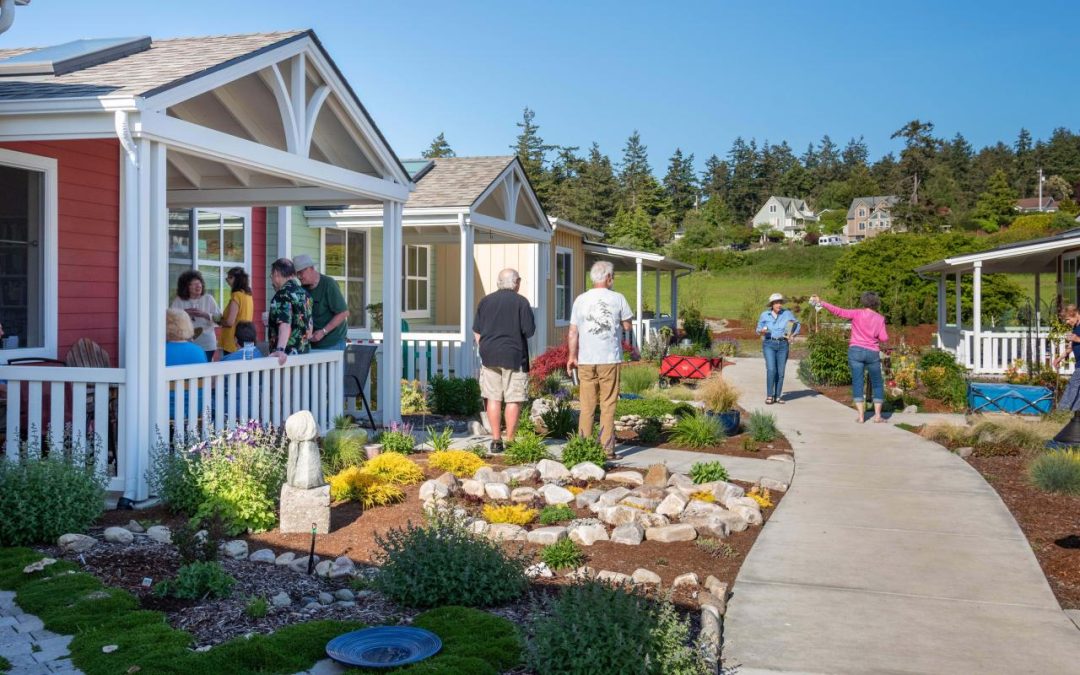
The concept of cohousing solves so many of the challenges that come with aging, not the least, loneliness.

Details on foundational health, social capital, residence, support team and long-term care planning.
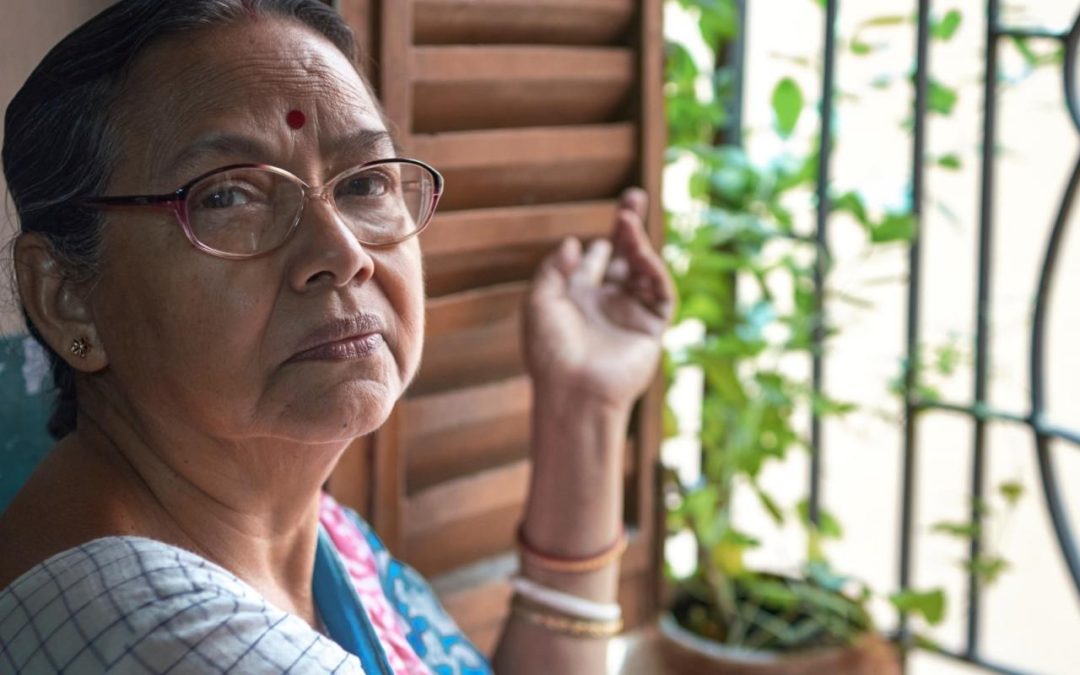
A recent study lays out the issues facing women who may soon be aging alone, in India.
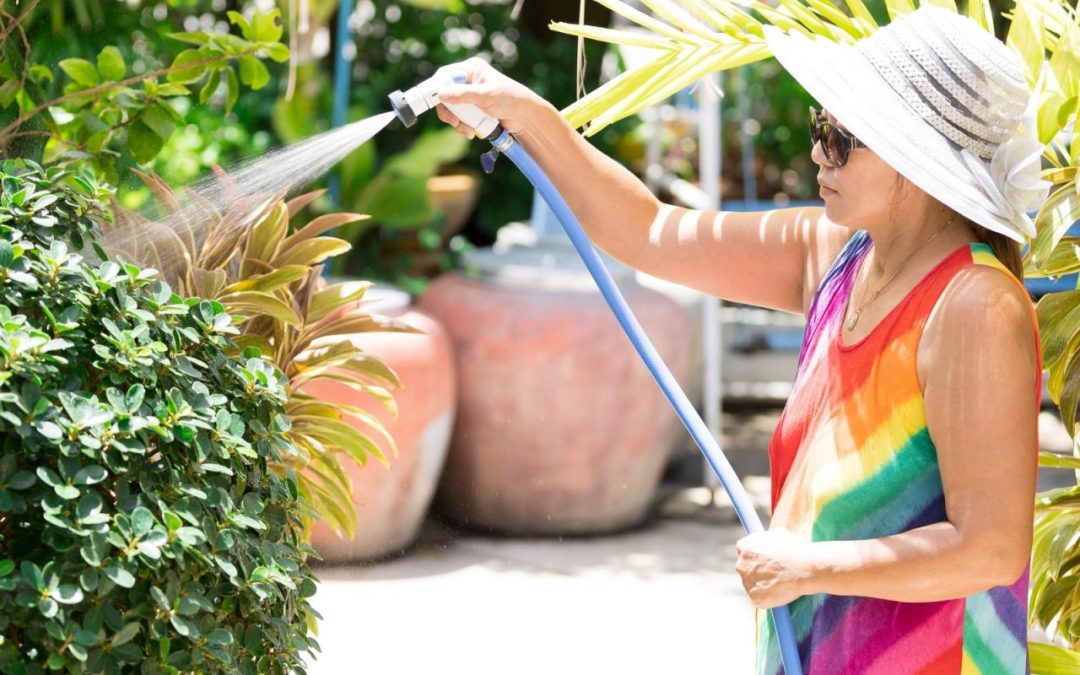
Lessons learned from a care-management perspective.
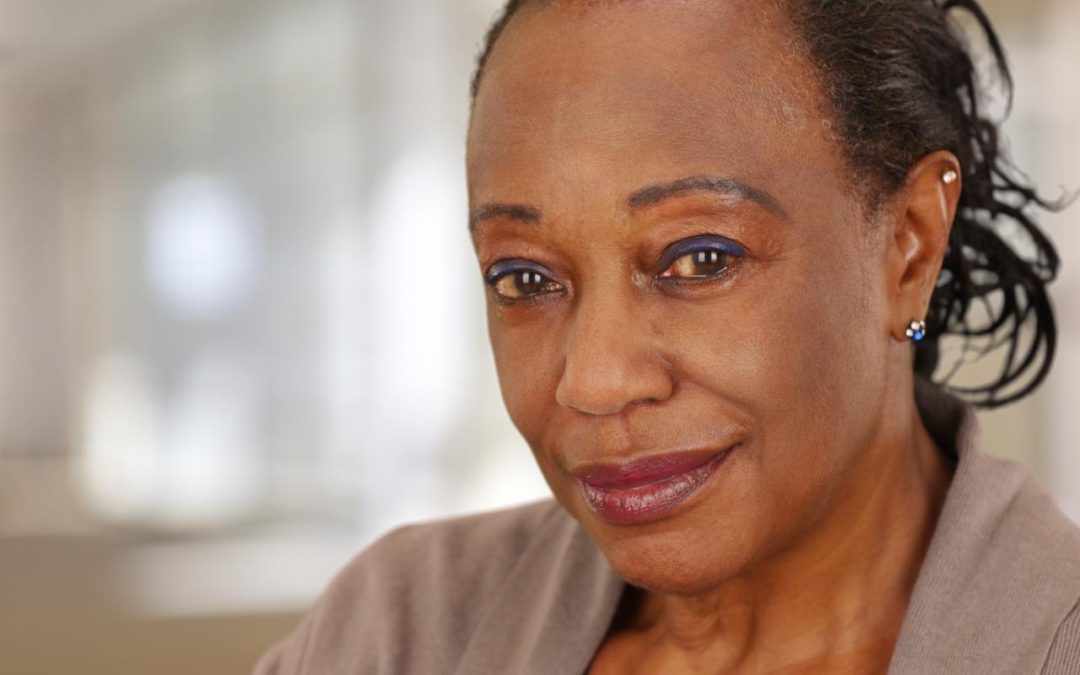
Engaging with real women provides a much more nuanced view of aging alone than do the statistics.
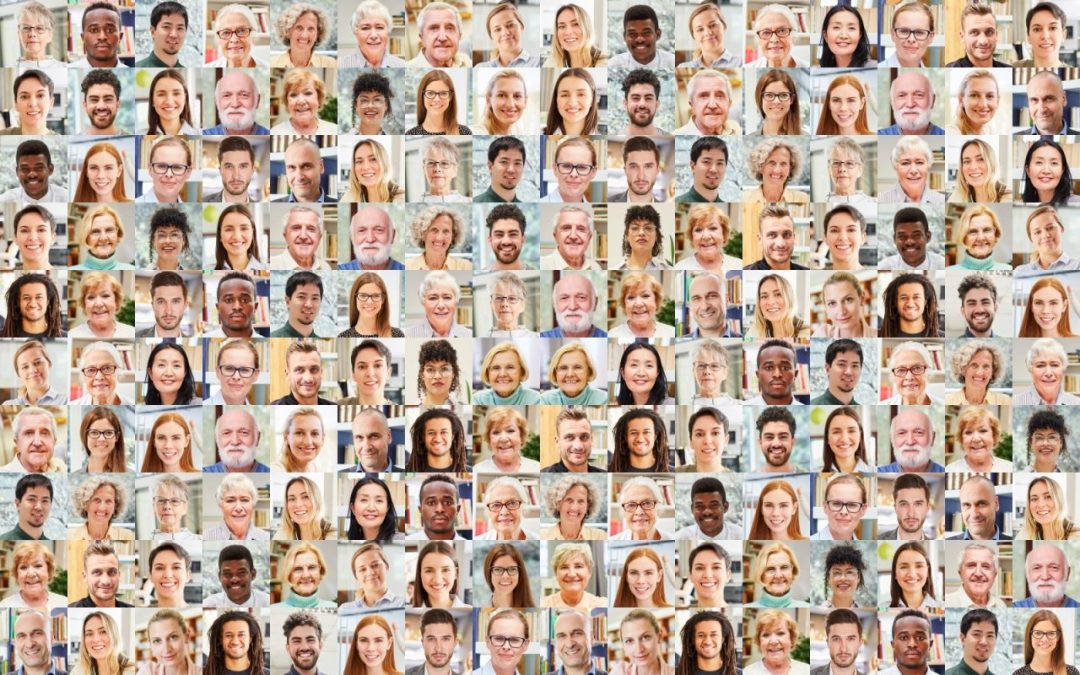
‘Solo Agers are not a special interest group and solo-ness is not about bad choices, but rather another dimension of diversity.’

Or how to age solo successfully.

Sara Zeff Geber approaches the topic of solo aging from a personal place and knows how critical it is to get the word out about the trend.
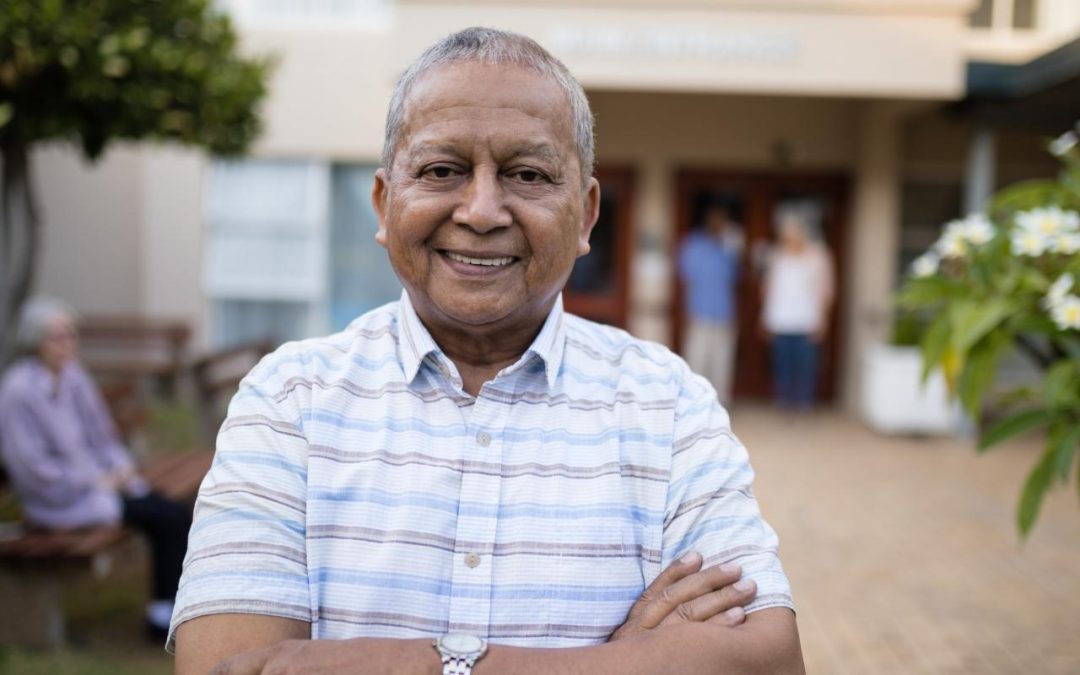
Finding support and community in senior living.

Often the services of an elder law attorney can stave off disastrous consequences.

Even for those who have no offspring, there are many ways to leave a meaningful legacy.
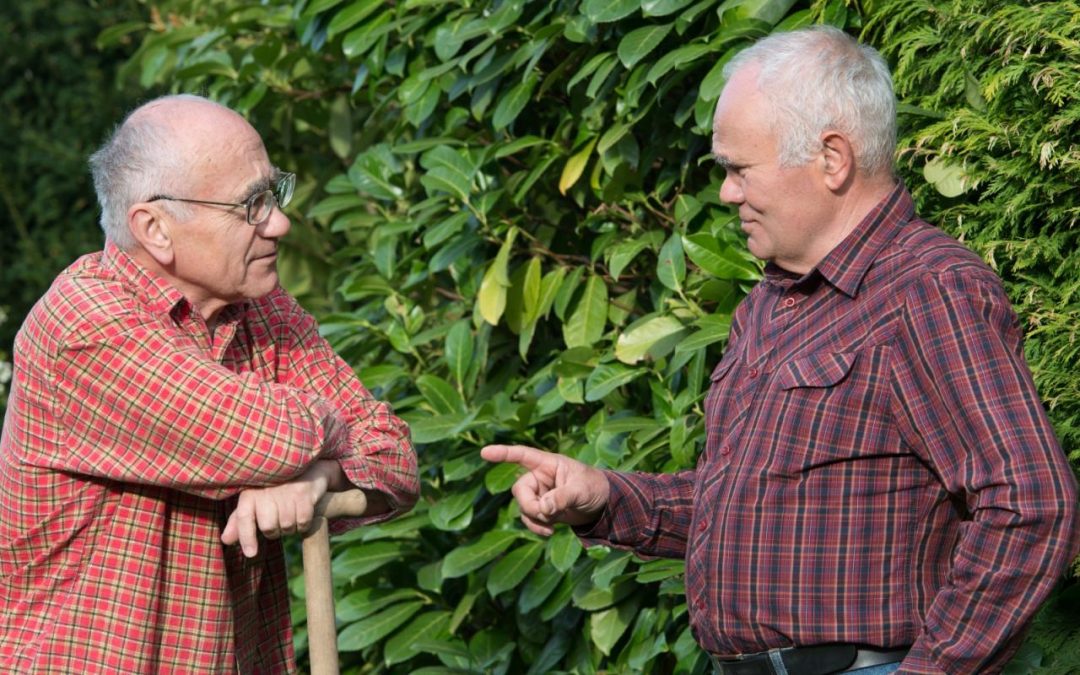
Nuanced advice on how best to talk to people about transitioning away from the idea of aging in place.

Shocking study findings clarify the need for education and policies to improve the care of working women during menopause.